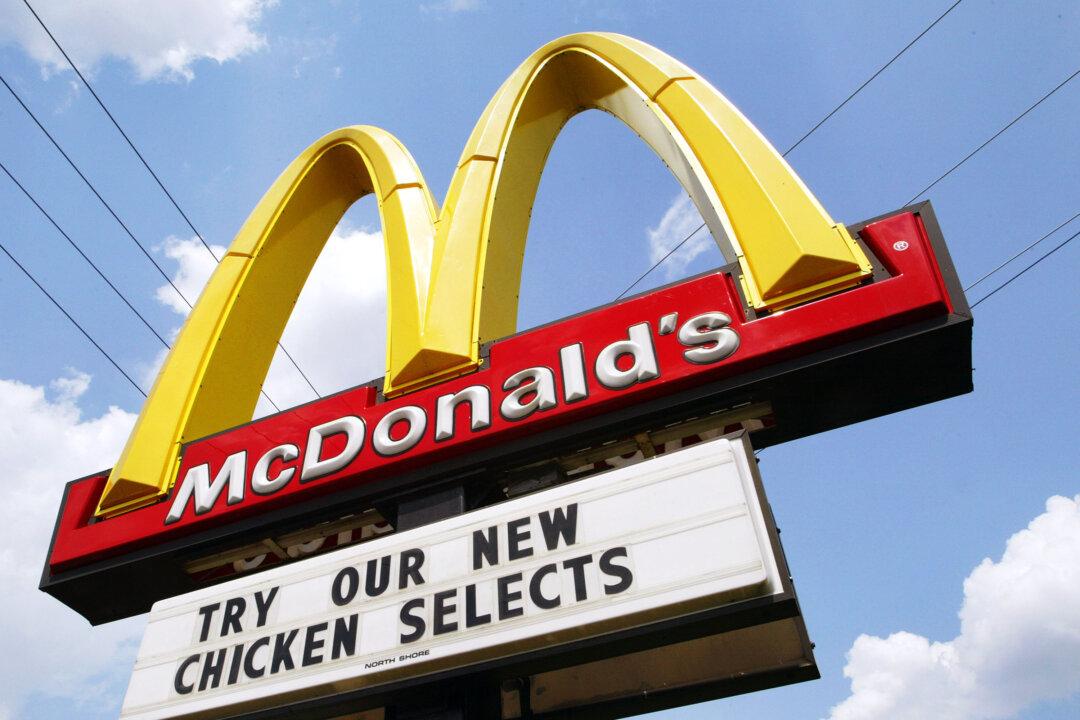Service at McDonald’s is getting slower while the company is feeling the pressure on its operating hours as it struggles to fully staff its restaurants, CEO Chris Kempczinski said.
Speaking at the company’s third-quarter 2021 investor call on Wednesday, Kempczinski noted that McDonald’s is finding it “very challenging right now” to find skilled workers for jobs in its restaurants.




